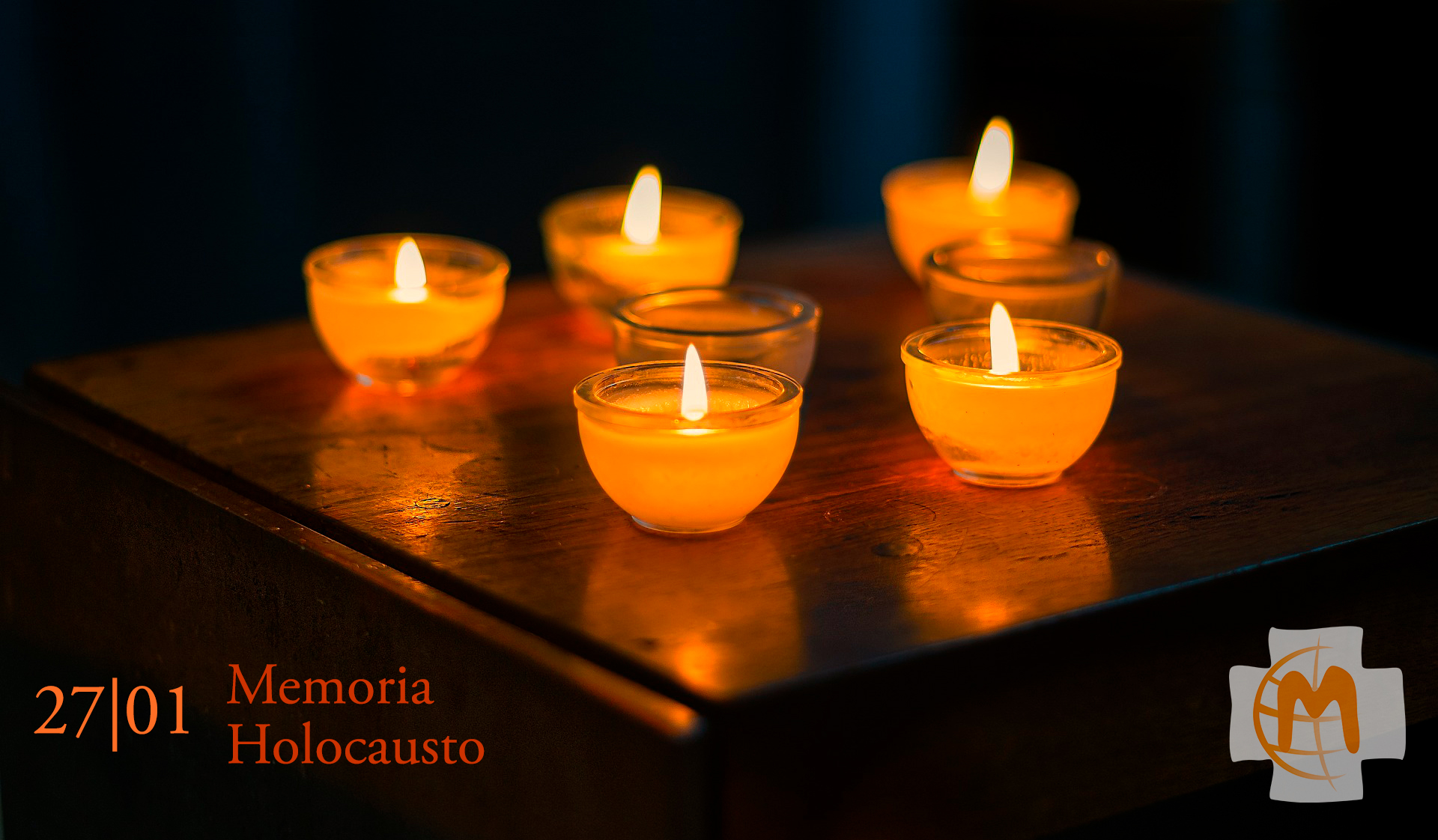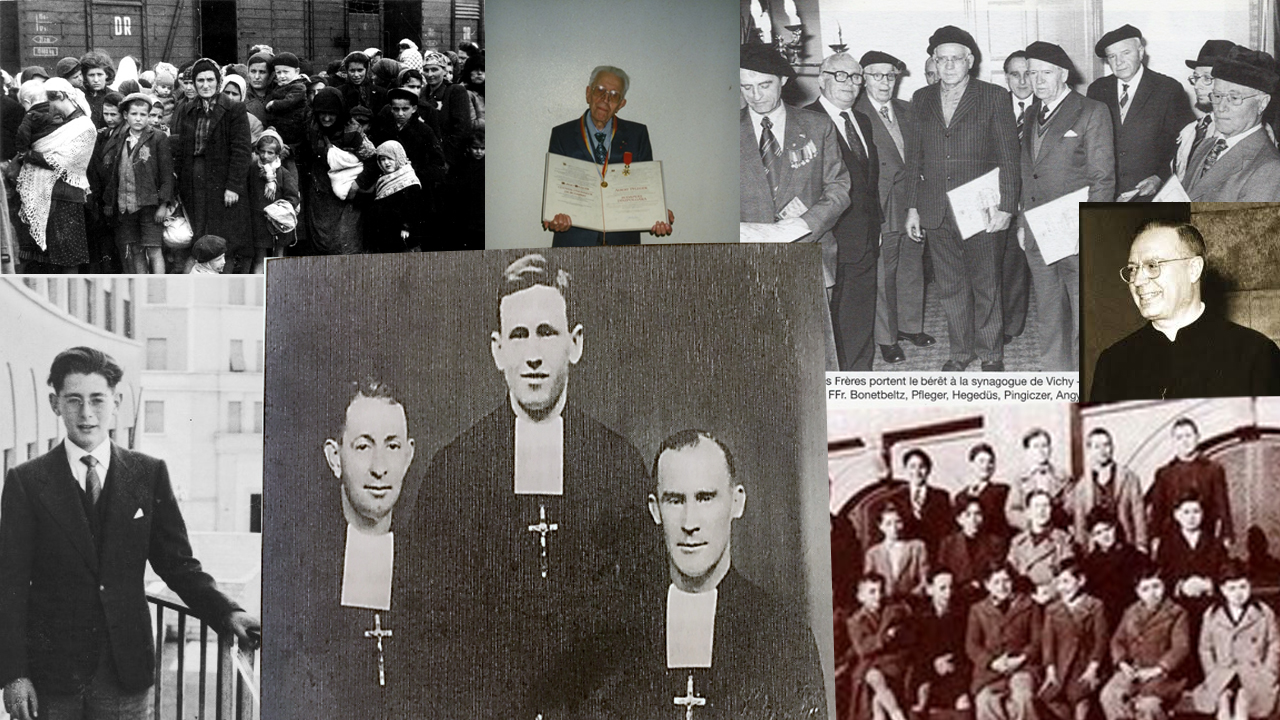
27 January – International Holocaust Remembrance Day
The extermination of six million Jews by the Nazis across Europe in the 1930s and 1940s was a nightmare. As if this was not enough, the 20th century also witnessed genocides in Armenia, Bosnia and Herzegovina, Cambodia, Rwanda and ethnic cleansing in the former Yugoslavia. In memory of the victims of these calamities, the United Nations General Assembly in 2005 designated January 27, the anniversary of the liberation of the largest Nazi extermination camp, Auschwitz-Birkenau, by Soviet troops in 1945, as the International Holocaust Remembrance Day. This day aims at raising awareness about contemporary forms of antisemitism, xenophobia, hatred, hate speech, extremism and totalitarian regimes which create conditions for genocide.
Despite efforts made to prevent human calamities, conflicts claiming thousands of lives continue to plague society today fueled by extremist ideologies and hate speech. The Holocaust did not start with extermination camps but with hate speech against the Jews and the enactment of antisemitic laws by the Nazis between 1933 and 1938. This situation worsened as hundreds of Jews were tortured and arrested and their businesses and synagogues destroyed. This wave of attacks gradually normalized violence against the Jews and their persecution intensified when the Nazis invaded Poland on September 01, 1939, and the Second World War started.
Spread of divisive rhetoric and hate speech
Public incitement of people to hatred and violence have been increasing in recent years and its scale and impact are now amplified by new communication devices. Today, social media have become platforms for the spread of divisive rhetoric and hate speech. Disturbing wave of xenophobia and intolerance is happening on social media. Incidents related to this have resulted in killings of innocent people, attacks on places of worship and calls for reprisals on individuals or communities. The hate speech phenomenon is a menace to democratic values, social stability, and peace as it impedes pluralism and diversity and undermines the fundamental rights and values upon which democracy is founded.
Be a prophetic reminder of the fundamental equality
We are one human family. Based on this teaching of the Catholic Church, our XXII General Chapter calls on all Marists of Champagnat to realize Marcellin’s dream of a global Marist family by engaging in bridge-building and networking. This entails allowing ourselves to be challenged by the needs of the world around us, be a prophetic reminder of the common dignity and fundamental equality of the entire People of God, move away from a culture shaped by “ego-s” and adopt that of the “eco-s” to reduce the scandal of indifference and inequality, and be messengers of peace and living by Gospel values.
As our culture becomes indifferent in the face of the world’s challenges, the Catholic social teaching reminds us that we are our brothers’ and sisters’ keepers, wherever they live because we are one human family, whatever our national, ethnic origins, economic, and ideological differences. Hence, practicing solidarity means loving our neighbours. This virtue is described by John Paul II in his encyclical ‘Sollicitudo Rei Socialis’ as a firm and persevering determination to commit oneself to the common good; to the good of all and of everyone, because we are all responsible for all.
Brother Francis Lukong – Secretariat of Solidarity
Read also “Corageous Marists”

